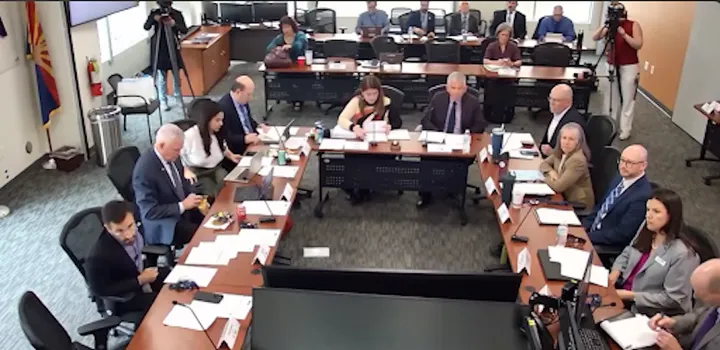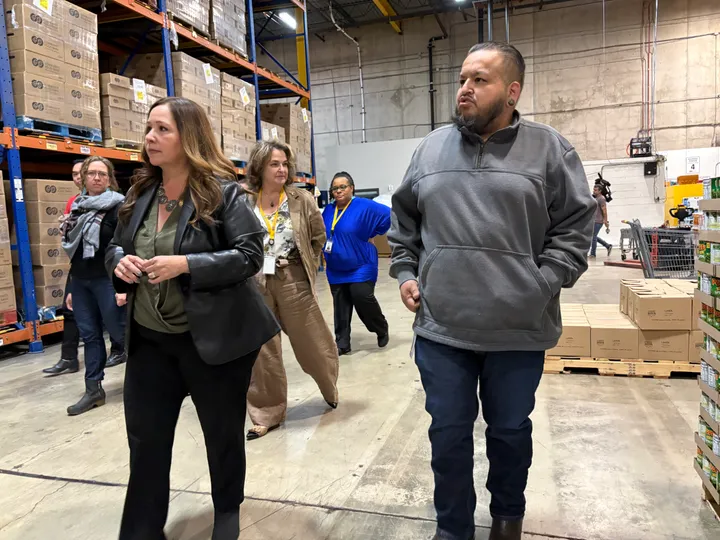Community members push for accountability from Rio Nuevo board
Community members are criticizing the downtown development district for using tax dollars to subsidize luxury projects instead of supporting local businesses and affordable housing.
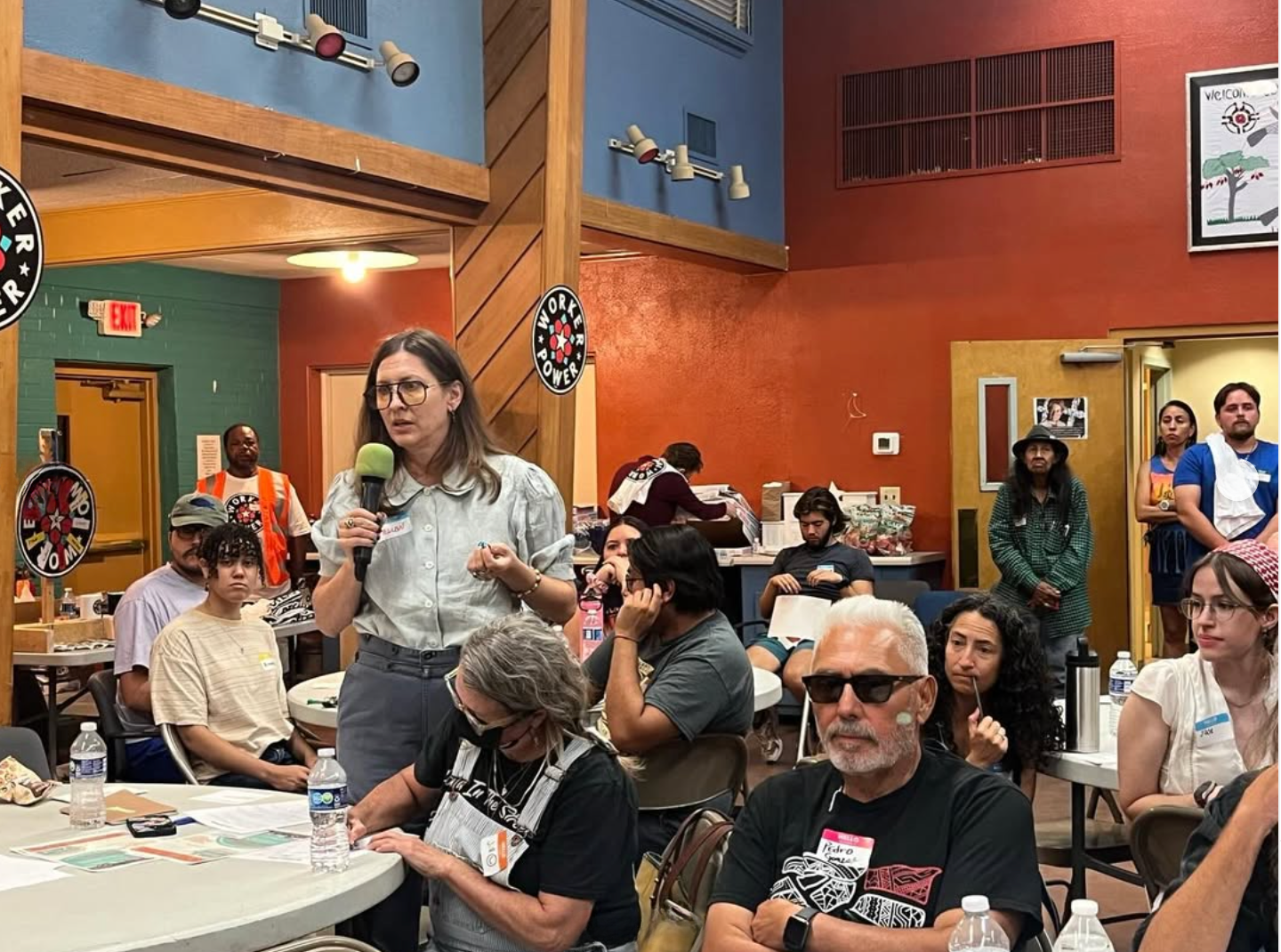
Community organizers, small-business owners and residents are calling for greater oversight and transparency from Rio Nuevo, the taxpayer-funded district tasked with reinvesting sales tax revenue into Tucson’s downtown.
At a recent forum hosted by Worker Power, attendees voiced frustration that public funds are being used to subsidize luxury developments rather than supporting local businesses and affordable housing.
Speakers urged city leaders to rethink how economic development incentives are distributed, arguing that Tucson’s future should prioritize equity and community needs over corporate expansion.
The Rio Nuevo board is made up of nine people appointed by the governor, the Arizona House of Representatives and the Arizona Senate. It’s tasked with reinvesting 50% of the sales tax generated in the downtown area into projects and businesses along Broadway Boulevard up to Park Place Mall.
A representative of the board declined to comment.
“It is public money, it belongs to the people. We should have a say on how it is spent,” said Margaret Schultz, a researcher at Worker Power, a nonprofit focused on social welfare.
The group is concerned about the board’s decision-making process, saying it is fueling gentrification downtown.
The group’s efforts began to gain traction this summer after the board approved rebating site-specific sales tax for a new hotel called the Marriott Moxy, being built near North Fifth and East Toole avenues.
“We see this as part of the big transfer of wealth from the working class to the ultra-rich. A lot of money is going towards corporations and wealthy developers,” Schultz said.
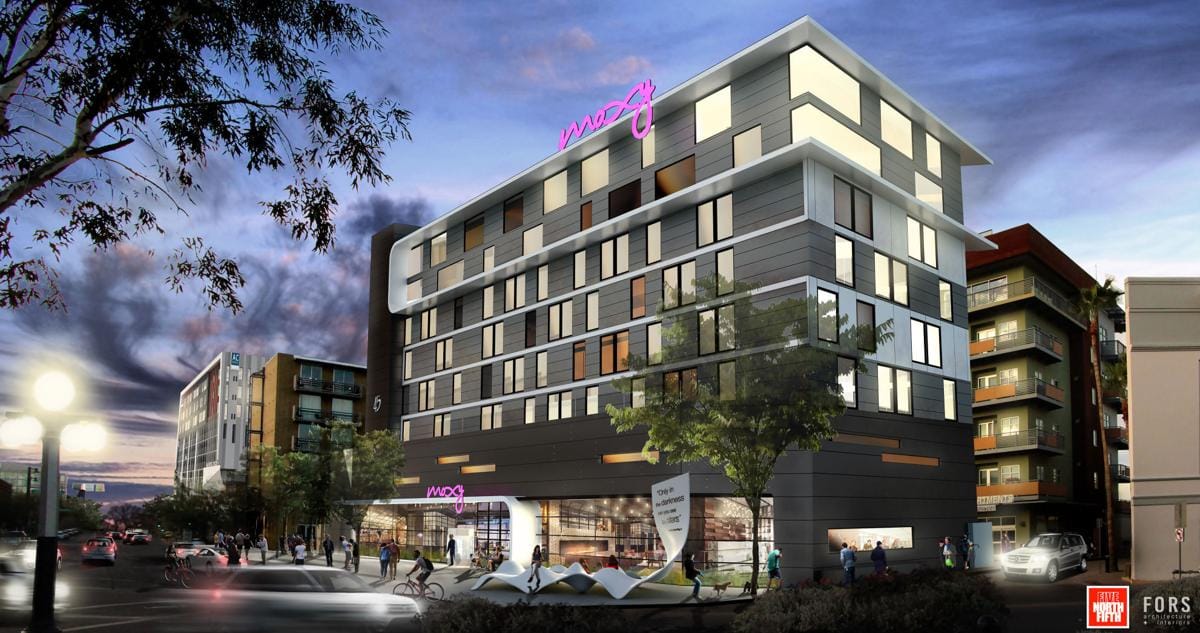
Some businesses that have partnered with Rio Nuevo operate under a government property lease excise tax, which allows developers to pay a small excise tax instead of property taxes for 25 years.
The tax serves as an incentive in Arizona to spur development and make private projects more financially viable. Properties within the Central Business District can qualify for an abatement of the excise tax for the first eight years of a GPLET agreement.
Moxy Hotel developer Scoot Stiteler is receiving $4.8 million in public funding from Rio Nuevo and a 20-year property tax exemption. The board approved the funding this summer and is expected to take a final vote on the tax break in the coming months, with Tucson City Council also slated to weigh in.
Attendees included Worker Power members, local business owners, area residents and members of community groups such as Casa Maria Soup Kitchen, the No Desert Data Center Coalition and the Tucson Tenants Union.
“We as a community can no longer allow local officials to do business as usual because our communities can no longer bear business as usual,” said human rights advocate Glenda Avalos.
Avalos, who has worked with Casa Maria for 20 years, said that after the Tucson City Council voted to expand the Central Business District in 2020, rent increases led to widespread displacement.
“We have to fight and organize for a different way of doing things, one that fully takes into account the community, including how development decisions are made in downtown and beyond,” Avalos said.
During a Rio Nuevo board meeting last month, Board President Fletcher McCusker said 90% of the businesses the group supports are local.
“Our goal is to incentivize economic development,” McCusker said.
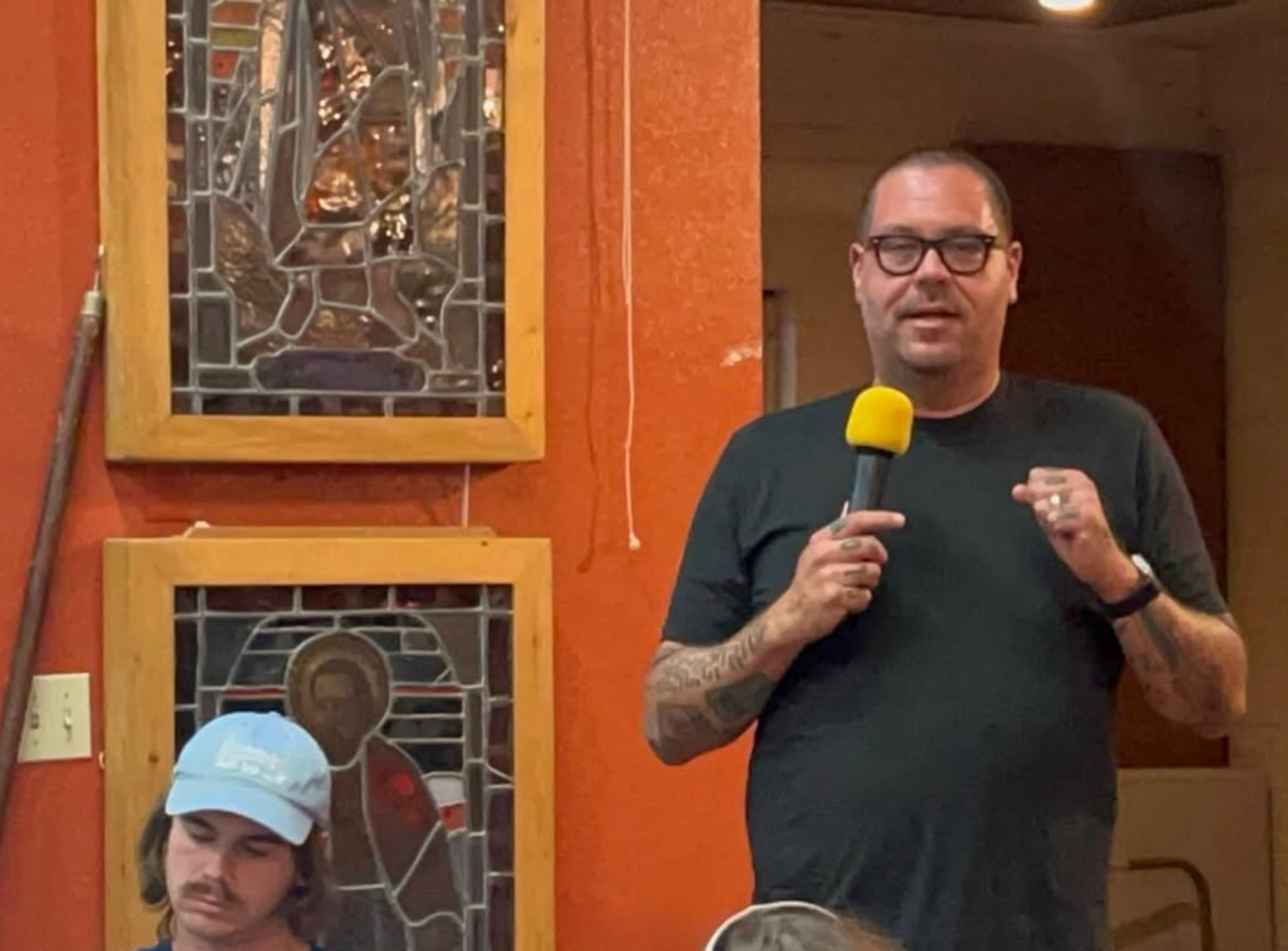
But some local business owners say that support isn’t reaching everyone.
Ian Stupar, owner of the downtown bar The Royal Room, said he has felt alone when facing challenges, including the COVID-19 pandemic, when many small businesses struggled to find resources.
“It is not easy to go find the money and resources to help a small business succeed,” Stupar said. “And to see these things just throw out huge sums of money... it just becomes even more discouraging.”
Stupar’s wife owns a boutique near the MSA Annex. The pair said they sought assistance from Rio Nuevo but were repeatedly put at the bottom of the pile or left off meeting agendas.
“They’re too busy writing these massive checks,” he said.
Stupar and his wife eventually formed a small business coalition to share information and advocate for change.
“I think there’s a lot of small business owners and individuals wanting to start companies that don’t know how to even go apply for money or these other opportunities,” Stupar said.
Attendees agreed they must determine what kinds of businesses and causes to support to make Tucson more equitable while preserving its character.
“This is what is keeping this town special and unique, not another big corporate thing,” Stupar said.
Arilynn Hyatt is a journalism major at the University of Arizona and Tucson Spotlight intern. Contact her at arilynndhyatt@arizona.edu.
Tucson Spotlight is a community-based newsroom that provides paid opportunities for students and rising journalists in Southern Arizona. Please consider supporting our work with a tax-deductible donation.

